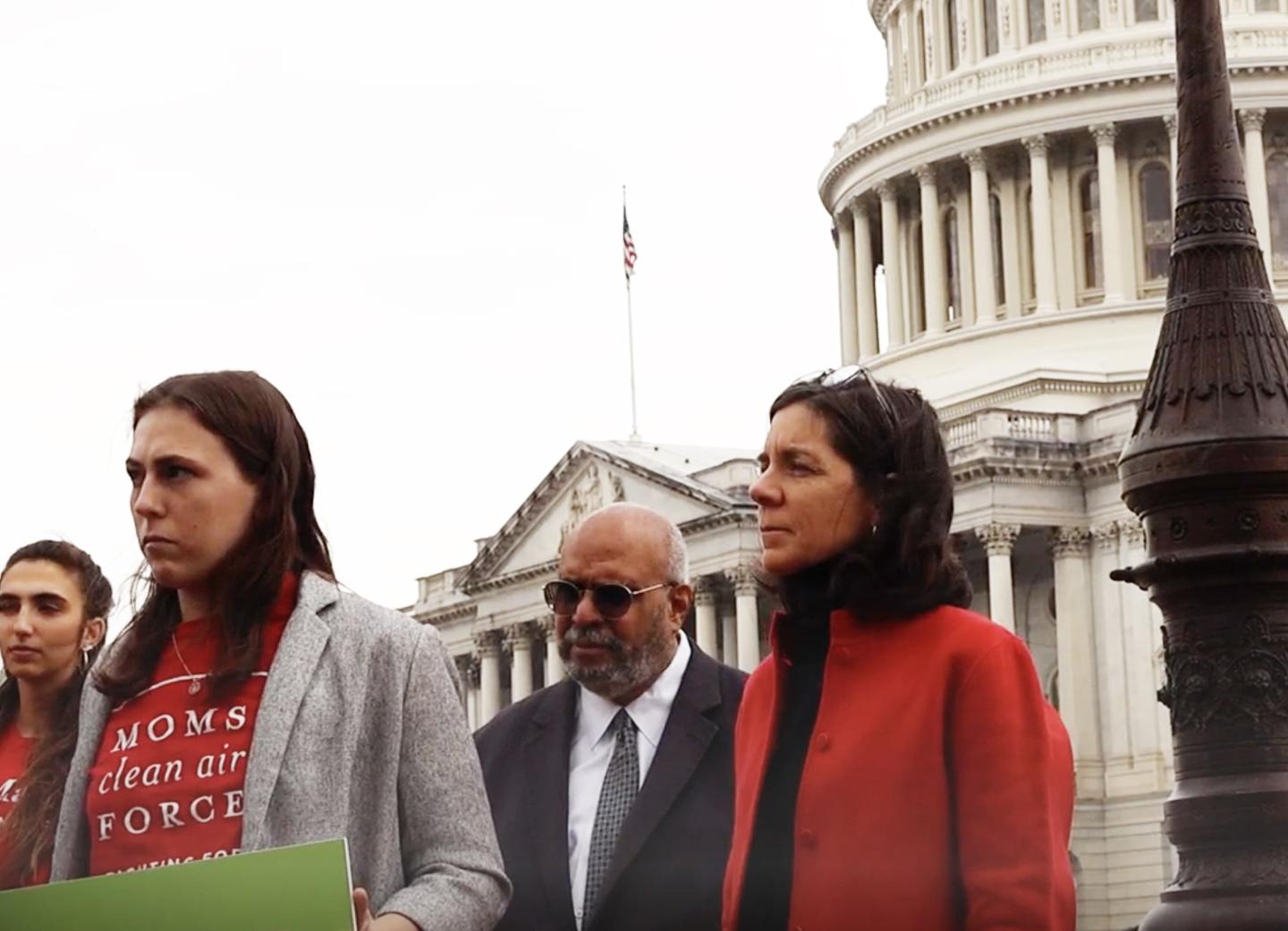Budget bill kills jobs, spikes pollution
The U.S. House has passed a budget bill that effectively ends federal incentives for clean energy and electric vehicles. It now goes to the Senate.

In a highly unusual move, the bill also tries to cancel EPA pollution standards as well as Department of Transportation fuel economy standards for new cars and trucks. Experts are questioning the legality of including such changes in the bill, as the reconciliation process being used to pass it is meant to speed up agreement on a budget, not to enact policy changes.
We asked Joanna Slaney, head of political affairs at Environmental Defense Fund, to explain how this bill threatens jobs, public health, and household budgets.
What part of this budget bill concerns you most?
There’s a lot in this bill that will hurt families and communities, jobs and health. It is an ugly mess. And the bill effectively ends federal investments in affordable, growing energy sources like solar, wind, and battery storage.
If these clean energy incentives go away, we’re looking at potentially losing around 700,000 jobs. Also on the chopping block is a decades-old Department of Energy program that provides loans or loan guarantees to U.S. companies working to make cleaner, more affordable energy and grow domestic manufacturing jobs. The program’s demise would make America weaker just as global competitors are ramping up their own investments in clean energy.
How would these changes impact ordinary Americans?

With electricity demand expected to surge — driven by data centers, manufacturing reshoring and electrification — federal incentives for clean energy were meant to bring more power online and support energy efficiency. Both are essential to supplying power reliably and affordably. Without them, analysts predict that household electricity bills could go up by as much as 20% in some states next year.
The current plan also gets rid of the tax breaks consumers have been using to make their homes more energy efficient and add clean energy like rooftop solar. And it eliminates the $7,500 credit consumers could get to buy a new EV.
What are the environmental consequences of this bill?
The environmental toll is significant. By abandoning clean energy, analysts predict we’ll see an additional 530 million metric tons of planet-warming pollution. That’s equivalent to adding 116 million gas-powered cars to our roads.
The plan also delays a fee on methane pollution from oil and gas companies for 10 years, which is particularly concerning since methane is a climate super-pollutant. It has 80 times the warming power of carbon dioxide in the first 20 years after release.
What happens next?
The bill now goes to the Senate, where members will likely make some changes.
Because Congress is using the reconciliation process, only a simple majority of 51 votes will be needed for the Senate to pass the bill, rather than the typical 60-vote requirement.
EDF and many other organizations will be watching how this bill takes shape and advocating that the Senate reject the House’s deep and short-sighted cuts to all investments that create clean jobs, reduce pollution and support renewable energy.


